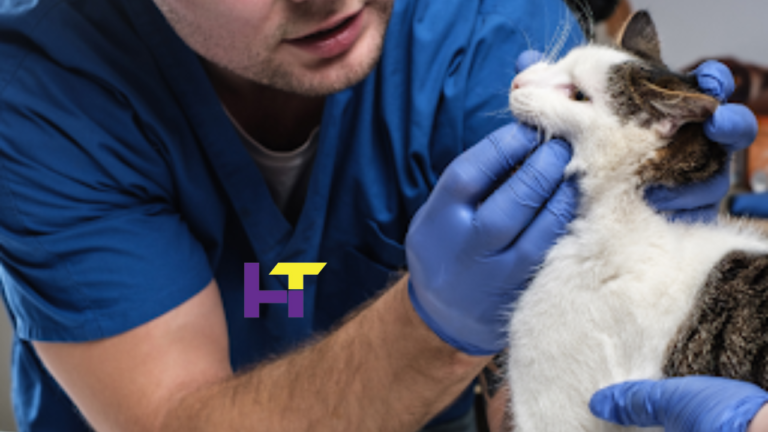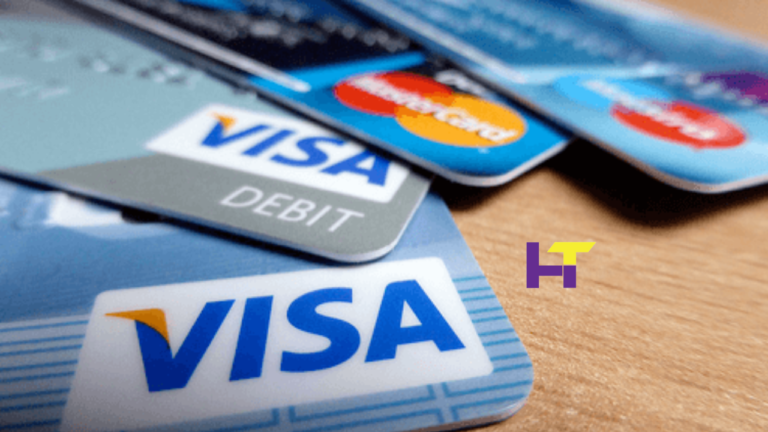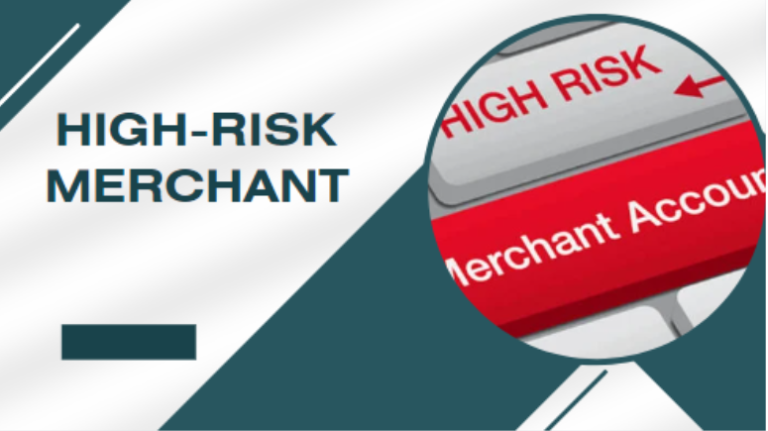Shielding Your Business: Understanding the Essentials of Restaurant Insurance

In the bustling world of the restaurant industry, where every dish tells a story and every patron becomes a part, success isn’t just about perfecting recipes and creating memorable dining experiences. It’s also about safeguarding your business against the myriad risks that can threaten its existence.
Insurance is one of the most critical tools in your arsenal for protecting your restaurant venture. Restaurant insurance isn’t just a bureaucratic necessity; it’s a shield that can safeguard your business from financial ruin in the face of unforeseen events.
From property damage to liability claims and employee injuries to foodborne illnesses, the risks in the restaurant business are diverse and ever-present. Understanding the essentials of restaurant insurance is paramount for every restaurateur aiming for long-term success.
The Basics of Restaurant Insurance
- Property Insurance: Your restaurant’s physical assets are the backbone of your business. Property insurance covers damages to your building, equipment, furnishings, and inventory due to fire, theft, vandalism, or natural disasters.
- It ensures your business can recover swiftly without bearing the financial burden of rebuilding or replacing damaged property.
- General Liability Insurance: Liability claims constantly threaten businesses in our litigious society. General liability insurance protects your restaurant from lawsuits arising from bodily injury or property damage on your premises.
- Whether a slip-and-fall accident or a customer claiming food poisoning, this coverage provides legal defense and financial compensation if you’re found liable.
- Worker’s Compensation Insurance: The restaurant industry is notorious for its fast-paced and physically demanding nature, which puts employees at risk of injuries.
- Worker’s compensation insurance provides wage replacement and medical benefits to employees who are injured on the job. It not only fulfills your legal obligations as an employer but also demonstrates your commitment to the well-being of your staff.
- Business Interruption Insurance: When unforeseen events force your restaurant to close its doors temporarily, the financial repercussions can be devastating.
- Business interruption insurance compensates for lost income and helps cover ongoing expenses such as rent, payroll, and utilities during the downtime. It ensures that your business can weather the storm without financial strain.
- Commercial Auto Insurance: If your restaurant relies on vehicles for catering, food delivery, or other business activities, commercial auto insurance is essential.
- It covers vehicles owned or leased by your business, protecting against accidents, theft, and property damage. Having the right coverage can minimize disruptions to your operations and mitigate financial losses in the event of an incident.
Tailoring Coverage to Your Needs
Every restaurant is unique, with its own set of risks and challenges. Off-the-shelf insurance policies may not adequately address the specific needs of your business.
That’s why it’s crucial to work with an experienced insurance agent who understands the intricacies of the restaurant industry and can tailor coverage to suit your requirements.
- Assessing Risks: A thorough risk assessment is the first step in determining the appropriate insurance coverage for your restaurant. Identify potential hazards and vulnerabilities specific to your business, such as the type of cuisine you serve, the size of your establishment, and your location.
- Understanding your risks allows you to prioritize coverage areas and allocate resources effectively.
- Customizing Coverage: Once you’ve identified your risks, work with your insurance agent to customize a policy that addresses your unique needs. Consider factors such as the value of your property, the level of customer traffic, the number of employees, and any specialized services you offer.
- Tailoring your coverage ensures that you’re adequately protected against the most relevant threats to your business.
- Reviewing Regularly: The restaurant industry is dynamic, with evolving trends, regulations, and operational changes. As your business grows and becomes, so too do your insurance needs.
- Regularly review your coverage with your insurance agent to ensure it aligns with your current situation. Whether expanding your menu, opening a new location, or introducing delivery services, updating your insurance policy accordingly is essential to maintaining comprehensive protection.
The Cost of Protection
While insurance is an indispensable investment for safeguarding your restaurant, it’s also a significant expense that can impact your bottom line.
The cost of coverage depends on various factors, including the size and scope of your business, the level of risk exposure, the coverage limits, and the deductible amounts. Balancing comprehensive protection with affordability is critical to ensuring you get the most value from your insurance investment.
- Risk Management Practices: Implementing risk management practices can help mitigate insurance costs by reducing the likelihood of claims.
- This includes maintaining a safe and clean environment, providing employee training on safety protocols, implementing strict food safety standards, and conducting regular maintenance and inspections of your premises and equipment.
- By minimizing risks, you demonstrate to insurers that you’re a responsible business owner, which can lead to lower premiums.
- Comparing Quotes: Insurance premiums can vary significantly from one provider to another, so it pays to shop around and compare quotes from multiple insurers. Consider coverage limits, deductibles, exclusions, and additional benefits when evaluating different policies.
- While cost is significant, prioritize value and ensure the coverage meets your needs without sacrificing essential protections.
- Seeking Discounts: Many insurers offer discounts and incentives to restaurant owners who take proactive measures to reduce risks and improve safety. These may include discounts for installing security systems, fire suppression systems, or cameras, as well as for implementing employee training programs or joining industry associations.
- Taking advantage of these discounts can help offset the cost of insurance and make coverage more affordable in the long run.
Conclusion
In the unpredictable world of the restaurant business, preparing for the unexpected is not just prudent—it’s essential for survival. Restaurant insurance provides a crucial safety net that shields your business from financial ruin in the face of unforeseen events.
By understanding the essentials of restaurant insurance and customizing coverage to suit your needs, you can protect your investment, your employees, and your livelihood.
From property damage to liability claims and from worker injuries to business interruptions, the risks facing restaurant owners are diverse and ever-present.
By investing in comprehensive insurance coverage, you can mitigate these risks and focus on what matters most: delivering exceptional dining experiences and building a thriving business that stands the test of time. Don’t wait until disaster strikes; safeguard your restaurant today and ensure a secure future for your business tomorrow.






